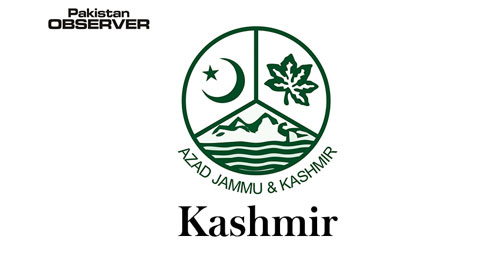Jammu
Abdul Hameed Mir, 45, was detained by the authorities around the same time when Indian prime minister Narendra Modi’s government unilaterally announced changes in the constitutional and legal status of the state of Jammu and Kashmir, effectively wiping out the semi-autonomy enjoyed by the region for generations.
Picked up from his house in the Kupwara district of Kashmir, Mr Mir had been in prison for more than 18 months without charge when he lost his mother. He had moved a bail application in March to carry out the last rites. It was denied.
“His mother kept waiting for nearly two years to get a single glance of her only son,” his brother-in-law, Sajjad Dar, told The Independent. “She was not granted that in life. And was denied that dignity even in death.
“She was buried by the villagers when it should have been her son doing the last rites. Pouring the final soil.”
Riyaz Ahmed Dar, 33, has been in prison since December 2013. At first, he was arrested during an investigation into the murder of a police officer in Kashmir’s Chadoora. But even after his acquittal in 2017, he remains in custody.
Riyaz had spent the first two years of his detention in Kot Balwal jail of Jammu before being moved to Karnal jail in the neighbouring state of Haryana.
His transfer to a jail outside of the state overlapped with the government’s decision to revoke the special status of Kashmir.
Since then, he has met neither his family nor his lawyer, alleges his father. “We were not even told when he was being moved,” says Ghulam
“It was when someone went to the Jammu jail to visit an inmate, booked under the same charge as him, that they told us Riyaz had been transferred.”
Mir and Dar are both held under the infamous Jammu and Kashmir Public Safety Act (PSA). They are among 7,357 Kashmiris who were arrested before and immediately after the Modi government moved to revoke the autonomy of Jammu and Kashmir previously guaranteed under Article 370 of the Indian constitution.—Agencies










